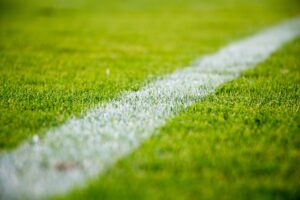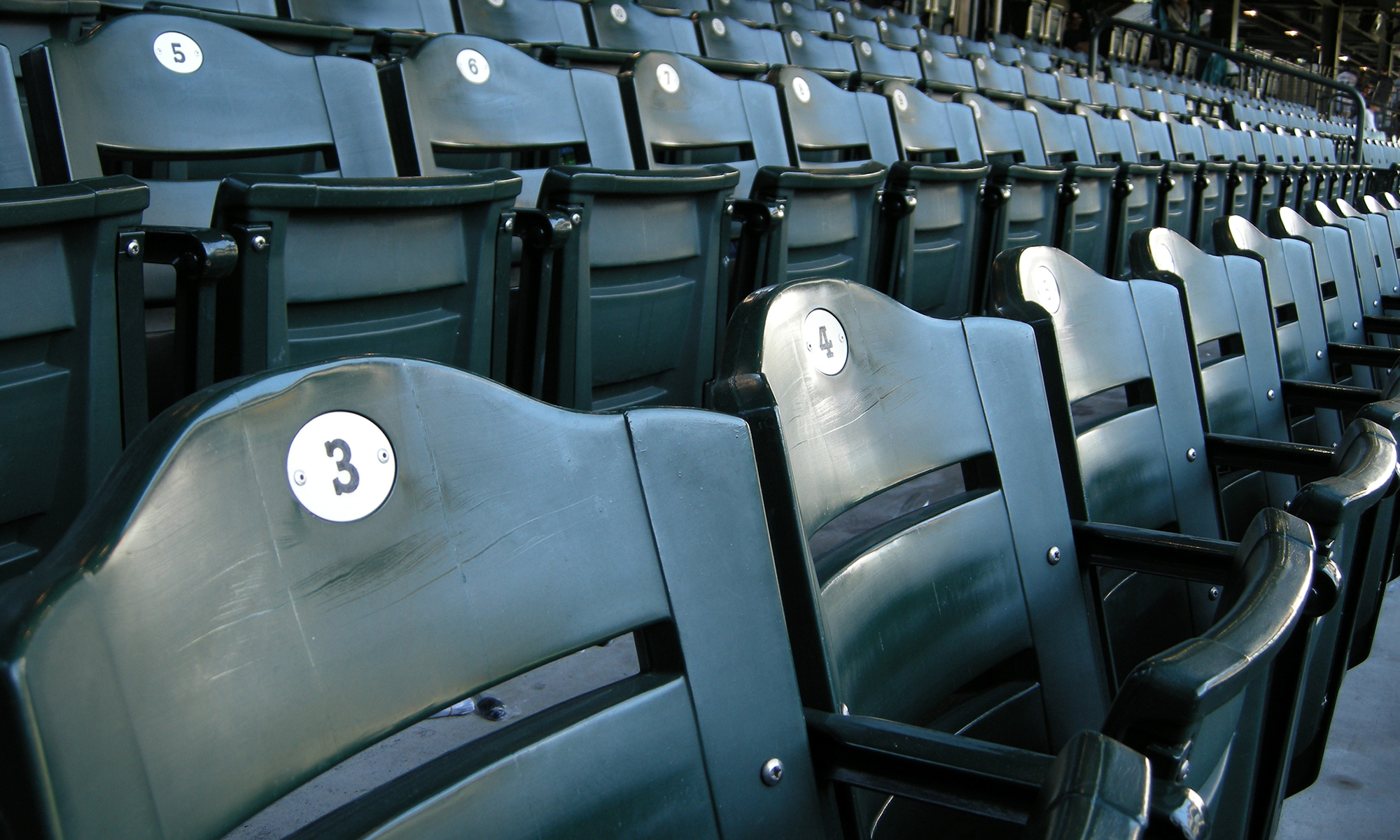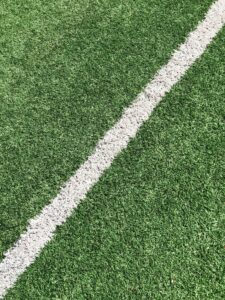By Zach McCormack and Drew T. Dorner
 On February 23, 2024, United States District Judge Clifton L. Corker of the Eastern District of Tennessee granted a preliminary injunction requested by the attorneys general of Virginia and Tennessee to enjoin the NCAA from enforcing its ban on collectives, boosters, and other third parties from discussing NIL deals with a recruit before the recruit signs at a university (referred to as the “NIL-recruiting ban”). The ruling also bars the NCAA from enforcing Bylaw 12.11.4.2, which is its “rule of restitution” (i.e., a rule that allows the NCAA to impose a retroactive punishment if an ineligible athlete is permitted to compete under an injunction, restraining order or other order of a court).
On February 23, 2024, United States District Judge Clifton L. Corker of the Eastern District of Tennessee granted a preliminary injunction requested by the attorneys general of Virginia and Tennessee to enjoin the NCAA from enforcing its ban on collectives, boosters, and other third parties from discussing NIL deals with a recruit before the recruit signs at a university (referred to as the “NIL-recruiting ban”). The ruling also bars the NCAA from enforcing Bylaw 12.11.4.2, which is its “rule of restitution” (i.e., a rule that allows the NCAA to impose a retroactive punishment if an ineligible athlete is permitted to compete under an injunction, restraining order or other order of a court).
The states persuaded Judge Corker that student-athletes would suffer irreparable harm absent a preliminary injunction (though the court was critical that the states themselves, or the universities in them, suffer any irreparable harm from the NCAA’s policy). More importantly, Judge Corker agreed that the NCAA’s policy is likely to be found to violate the Sherman Antitrust Act by unreasonably restraining trade in the relevant market and restricting competition among schools and NIL collectives to arrange the best NIL opportunities for athletes. The decision, while not a final adjudication on the merits of the case, may be a momentous step toward further limiting the NCAA’s power to regulate compensation to student-athletes. It also calls into question whether state laws that impose the same recruiting limitations (like Tennessee’s NIL law) are preempted by the Sherman Act.
The court’s signal that the attorneys general are likely to succeed in invalidating the NCAA’s policy may inspire other student-athletes (or attorneys general) in other states to bring challenges to other NIL policies. While the NCAA has been in the legal crosshairs of many student-athletes, states, and universities for quite some time, this lawsuit is among the most direct challenges to the NCAA’s ability to limit compensation to student-athletes. The court’s decision that Tennessee and Virginia are “likely to succeed” could drive interest in attacking other NCAA policies.
Although the court’s ruling temporarily lifts the NIL-recruiting ban, schools, boosters, student-athletes, and NIL collectives still need to be cautious of state laws and other unaffected NCAA policies that remain in effect.

 This week,
This week,